The 2020 Green Protein Revolution Report
Meeting New Zealand's climate change targets by 2030 through reduced reliance on animal agriculture.

A Greener and Safer Future for New Zealand
The long awaited Green Protein Report is now out! Written by co-authors Jasmijn De Boo, ex CEO of SAFE and Dr Andrew Knight, a vet and Professor of Animal Welfare and Ethics, this report details exactly what is wrong with New Zealand’s current agricultural system and how it needs to change. With 315 references and over 90 pages, this dossier explores a more fruitful New Zealand.
‘Think global, act local’ applies to environmental pollution as well as agricultural production. In the light of COVID-19, which seemed to have jumped species in a ‘wet’ market, we need to review our interaction with the natural world and the global food system, and consider how New Zealand responds to agricultural threats and opportunities.
Currently our arable land is not fully utilised, we could increase our cropping and horticultural land by up to ten times what it now is. For too long animal agriculture has dominated our landscape, and it has resulted in mass deforestation, mass leaching of nitrates into our rivers, we have one of the highest methane emissions per capita, our soils are being eroded, our native wildlife has been decimated and we have lost our “clean and green” image in the eyes of the world.
The report makes compelling evidence for a new way for New Zealand to farm and produce food. We must start a reduction of our reliance on animal agriculture and start the transition to plant-based farming now. We need our government to encourage and support those farmers who see that the writing is on the wall for meat and dairy. There is no more time to waste if we are to meet our Paris Agreement, our best chance to meet it is if we reduce our stock numbers, especially the numbers of dairy cattle.
As a result of our excessive consumption of meat and dairy, Kiwis have become obese and at risk of developing type 2 diabetes, we suffer heart attacks and get cancers, all of which are reversed by a fully plant-based diet, using mostly wholefoods. It is time we accepted the figures and made those changes necessary within our public buildings, especially in hospitals, prisons and schools. There is much evidence to support the use of plant-based diets to reduce diseases and even in tempering negative emotions, particularly anger and aggression.
Most importantly there are 160 million animals based in New Zealand and in spite of our much touted Animal Welfare Bill, we were ranked just 30th out of 50 countries for animal welfare standards. For the sake of these animals who suffer much at our hands, we must reduce the animal toll to zero over the next decade, which means reducing the stock numbers to zero. Our current brutalisation of baby animals has to come to an end and this reports shows us how and why it must be done. The current standards in slaughterhouses are ripe conditions for a new pandemic to emerge right here in New Zealand.
We need to value our resources better and reinvigorate our plundered landscape, we need to show the world that New Zealand is indeed clean and green, we are innovators and can provide top quality fruits, vegetables and grains for export, as well as supplying our local needs easily and cheaply, something that our meat and dairy industry is failing to do. A safer and greener future for New Zealand could be just around the corner. We have the perfect time to decide how we want our future to be. Use the rahui wisely.
Media coverage for the report:
Check out the links below to see what others said about the Green Protein Revolution Report:
- Vegan World Alliance – A greener and safer future for New Zealand
- Food Navigator – ‘More harm than good’: New Zealand report calls for overhaul of national agricultural strategy
- Supermarket News – A plant based future for New Zealand?
- Live Kindly – New Zealand pushed to replace animal agriculture with plant-based crops
- Veg News – New report pushes New Zealand to shift from animal to plant based agriculture
- Pro Veg International – The green protein report: solutions for a sustainable future
- Vegan Australia – New report urges shift from animal to plant based farming for New Zealand
- Voxy – Green protein report – Vegan Society
- Vegconomist – New Zealand Publishes “The Green Report” Calling For Prevention of Further Damage by Animal Agriculture
Other Links

